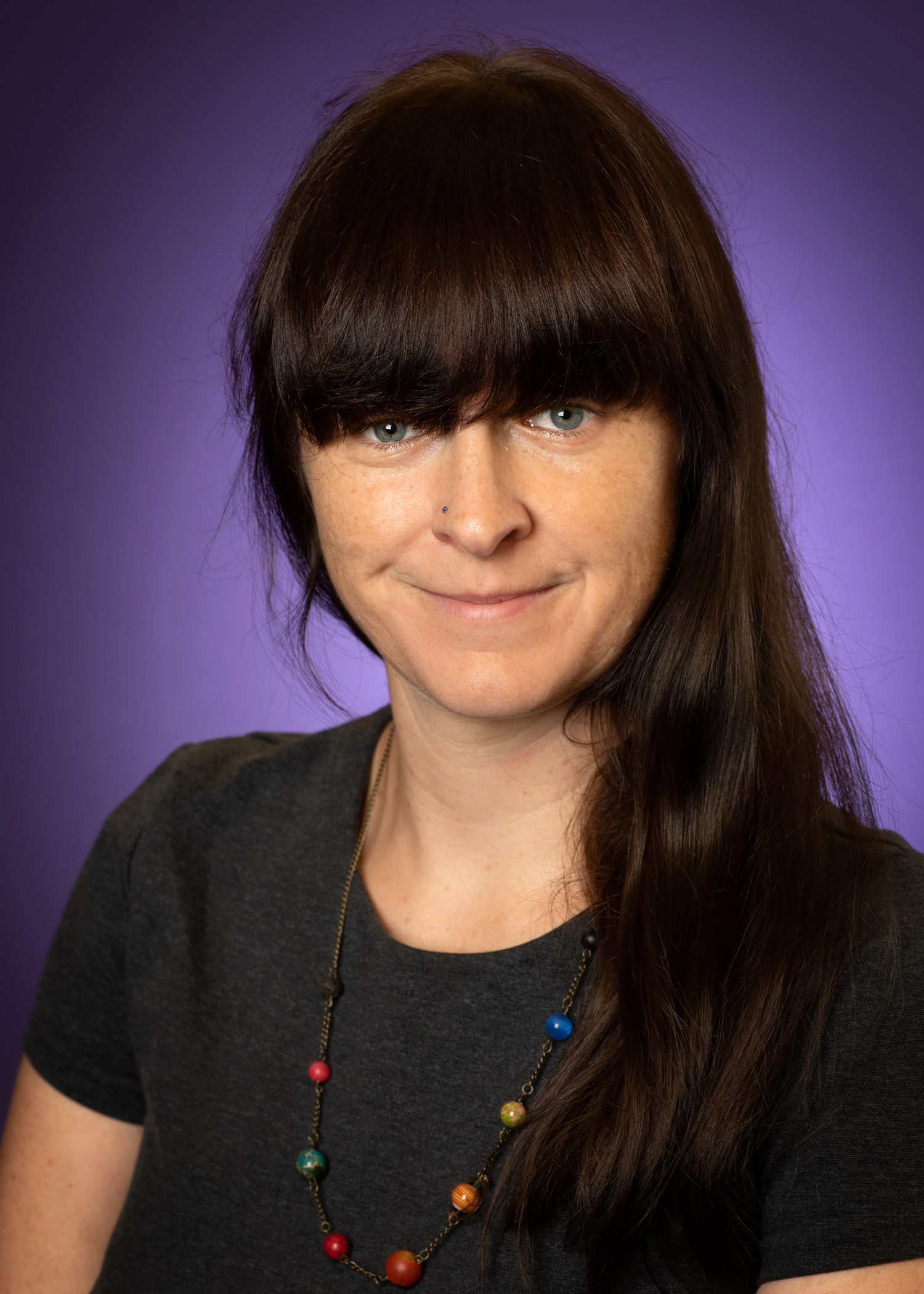Rhiannon Mayne, Oscar and Juanita Monnig Endowed Chair of Meteoritics and Planetary Science, recently completed a yearlong online course to receive the Informal Learning in Museums Certificate. This professional certificate is earned through an innovative program that immerses museum, zoo, aquarium and science outreach professionals and volunteers in informal and free-choice learning theories.

The program allows participants to work with some of the field’s leading researchers in museum studies programs, as well as learn to apply informal learning environment theories in real-world educational settings. The course is a collaboration between Oregon State University’s College of Education and Oregon State University Professional and Continuing Education, and partners with the Association of Zoos & Aquariums (AZA) specializing in education and interpretation.
When Mayne first joined TCU, her role with the Monnig was primarily as curator of the meteorite collection. The outreach and education was a separate entity through the gallery and her involvement was limited. After a few years, Mayne took over as curator of the collection and gallery. “My background is in the study of meteorites, but museum science and science education are their own fields, and I was learning those on the job,” Mayne said. “I decided it would really benefit the Monnig if I received some more formal training in these areas. I chose to pursue the certificate as it was one of the few online courses that covered the material I felt I needed, which meant I was able to fit it around both my teaching and curatorial responsibilities.”
Due to the budget cuts at TCU, the Monnig Educator position was lost this summer, when the last educator retired. The educator saw around 10,000 people a year free of charge, the majority of whom were K-12 students and many of those were from underserved schools. Mayne learned a lot from former educators, as well as from the courses offered in this certificate. “It has put me in a much better position to step in and cover as much of her role as possible, which I never dreamed would be necessary when I first started the courses. I am so very thankful for that, because I am not prepared to cancel what I believe is an amazing outreach program,” Maye said.
Mayne’s experience with this course was valuable. “My key takeaway was that knowing the science isn’t enough, and that rocks are much simpler to understand than people,” she said. “I went into this a little naïve. I didn’t fully appreciate how much the way in which the material was presented could impact learning, or how much the prior knowledge or experiences of the students could impact what they got out of our programs.”